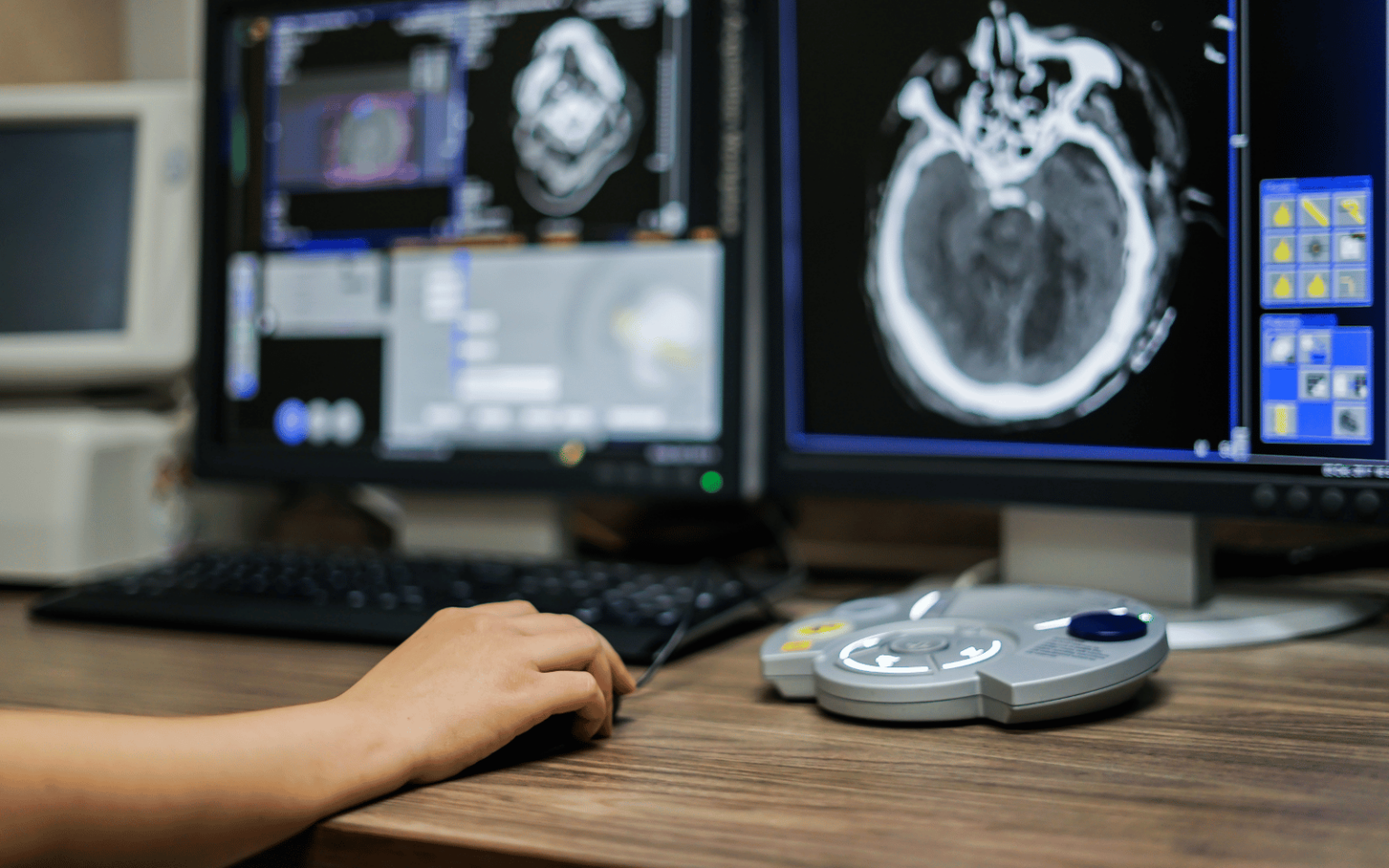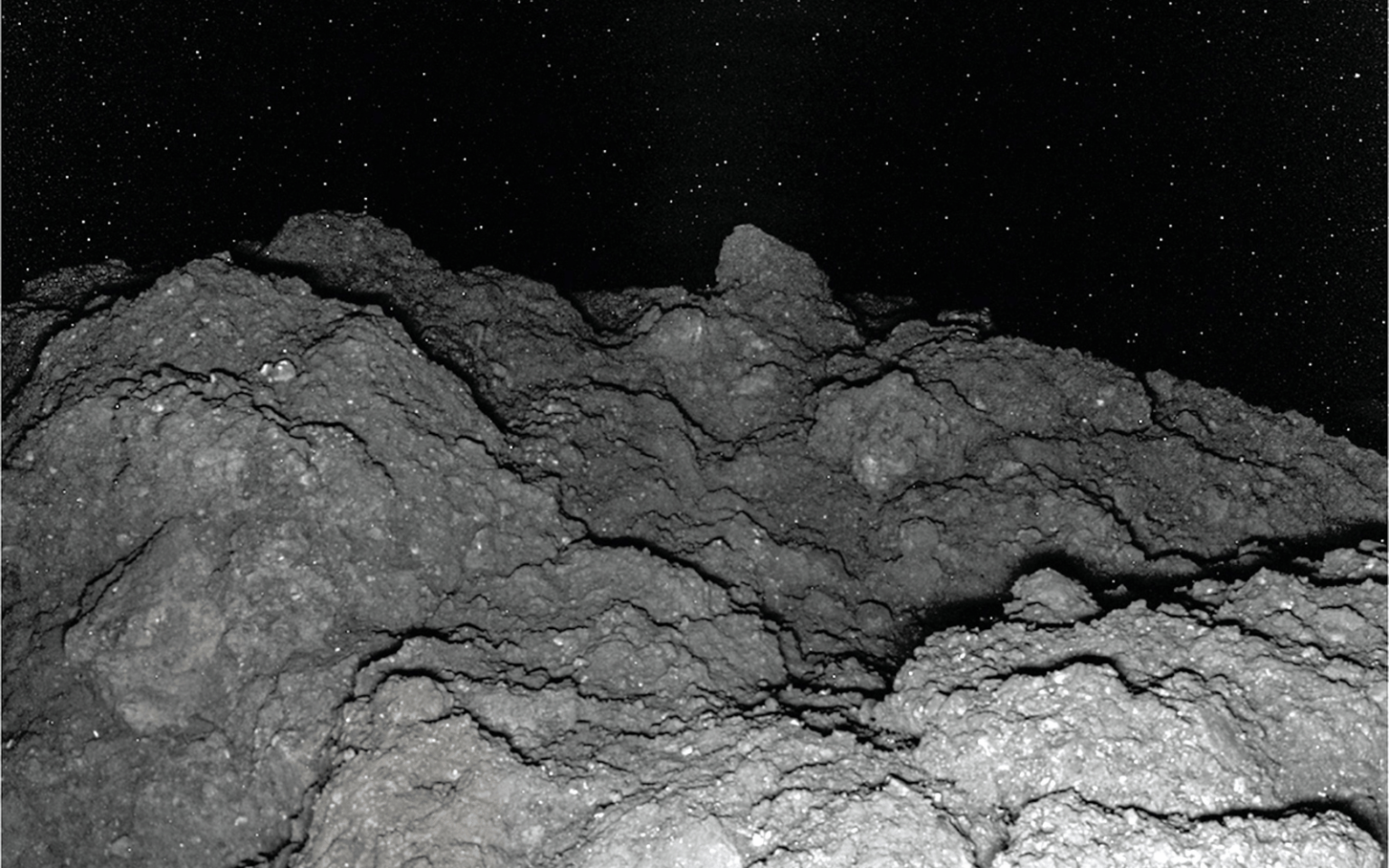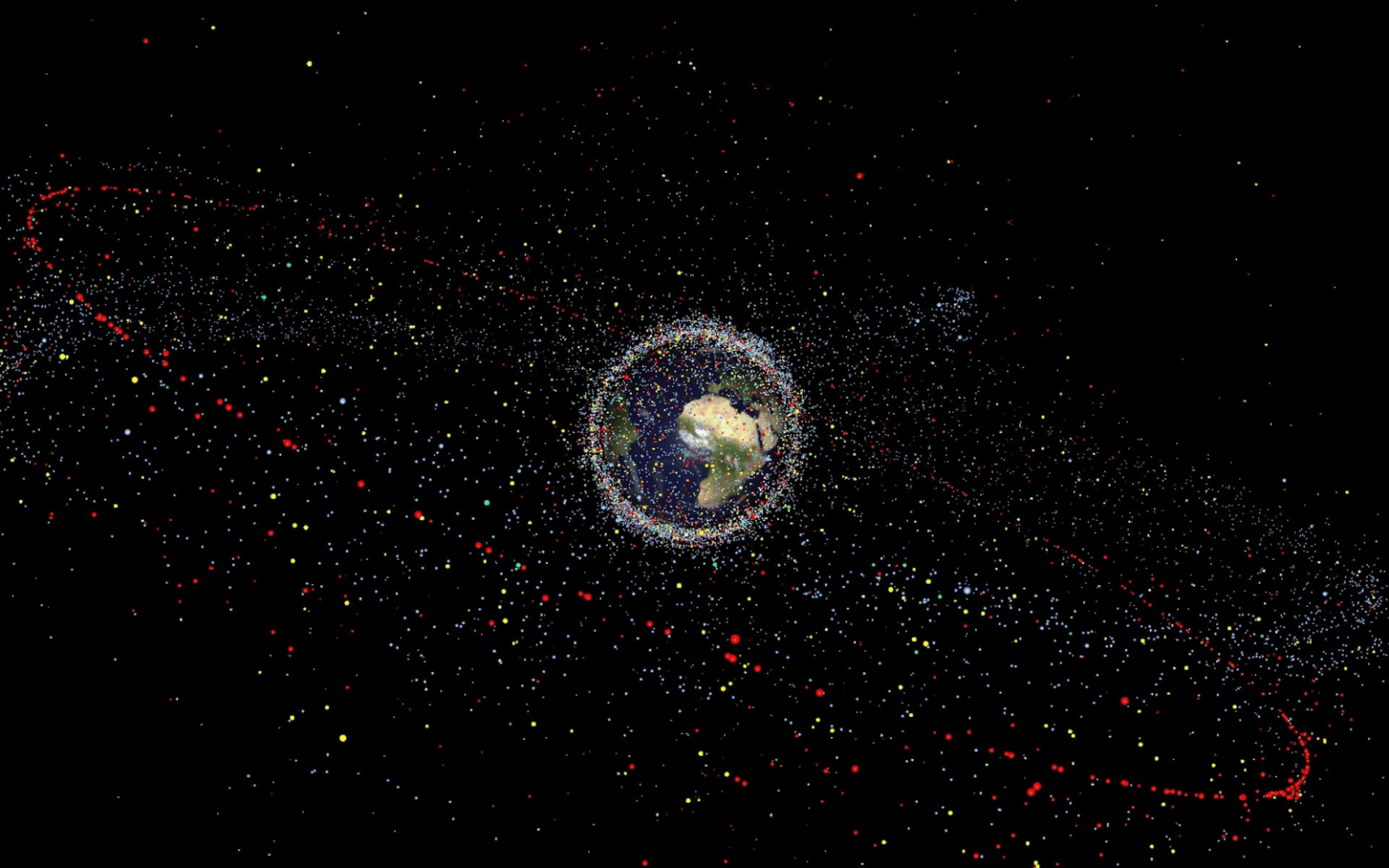Since it was founded in 2016, Elon Musk’s brain-computer interface (BCI) company Neuralink has had its moments in biotech news. Whether it was the time Musk promised his “link” would let people communicate telepathically, or when the whole company was under investigation for potentially violating the Animal Welfare Act, the hype around Neuralink means it’s often the first mental reference people have for BCI technology. But BCIs have been kicking around for much longer than you’d expect. Musk’s is just one in a growing list of companies dedicated to advancing this technology. Let’s take a look back at some BCI milestones over the…
Author: The Conversation
In mid-February, Tesla announced the recall of over 350,000 vehicles — more than 20,000 in Canada — due to a problem with its “Full Self-Driving Capability” system. This self-driving feature was found to possibly cause vehicles to misbehave when entering intersections or exceed the speed limits, posing a risk for safety. This is just another instance of vehicles equipped with automated driving technology falling short of their safety expectations. In September 2022, a driver on the Queen Elizabeth Way near St. Catharines, Ont., was caught asleep at the wheel of a Tesla. The vehicle appeared to be operated by a semi-automated system with no monitoring…
How did life come about? The answer to this question goes to the very heart of our existence on planet Earth. Did life simply arise from chemical reactions among organic compounds in a primordial soup left after Earth clumped together from space rubble? If so, where did the organic compounds come from? Some of the so-called “building blocks of life” may have been surprisingly common in the early Solar System. A team of Japanese and American scientists led by Yasuhiro Oba has analysed samples taken from the asteroid Ryugu in 2018 by the Hayabusa2 mission and found uracil, one of…
Most films offer exactly the same viewing experience. You sit down, the film starts, the plot unfolds and you follow what’s happening on screen until the story concludes. It’s a linear experience. My new film, Before We Disappear – about a pair of climate activists who seek revenge on corporate perpetrators of global warming – seeks to alter that viewing experience. What makes my film different is that it adapts the story to fit the viewer’s emotional response. Through the use of a computer camera and software, the film effectively watches the audience as they view footage of climate disasters. Viewers are…
Since time immemorial, humans around the world have gazed up in wonder at the night sky. The starry night sky has not only inspired countless works of music, art and poetry, but has also played an important role in timekeeping, navigation and agricultural practices in many traditions. For many cultures, the night sky, with its stars, planets and the Milky Way, is considered just as important a part of the natural environment as the forests, lakes and mountains below. Countless people around the world gaze at the night sky: not only amateur and professional astronomers, but also casual observers who enjoy looking up…
AI tools can help us create content, learn about the world and (perhaps) eliminate the more mundane tasks in life – but they aren’t perfect. They’ve been shown to hallucinate information, use other people’s work without consent, and embed social conventions, including apologies, to gain users’ trust. For example, certain AI chatbots, such as “companion” bots, are often developed with the intent to have empathetic responses. This makes them seem particularly believable. Despite our awe and wonder, we must be critical consumers of these tools – or risk being misled. Sam Altman, the CEO of OpenAI (the company that gave us the ChatGPT…
According to predictions made nearly a decade ago, we should be riding around in self-driving vehicles today. It’s now clear the autonomous vehicle revolution was overhyped. Proponents woefully underestimated the technological challenges. It turns out developing a truly driverless vehicle is hard. The other factor driving the hype was the amount of money being invested in autonomous vehicle startups. By 2021, it was estimated more than US$100 billion in venture capital had gone into developing the technology. While advances are being made, it is important to understand there are multiple levels of autonomy. Only one is truly driverless. As established by SAE International, the levels are:…
Digital technologies are changing how food is produced. And it’s more than harvesting robots that are arriving on the scene. Companies are now pairing data centres with greenhouses, capturing the heat emitted by computing hardware and reusing it to grow crops indoors. The new QScale data centre development in Lévis, Que. is one such project. The company claims that it will “produce 2,800 tonnes of small fruit and more than 80,000 tonnes of tomatoes per year” in greenhouses to be constructed adjacent to the facility. In promotional campaigns, QScale picks up on the growing public attention to make food systems more local amid supply chain disruptions and…
Keeping up with the latest digital cons is exhausting. Fraudsters always seem to be one step ahead. But our study found there is one simple thing you can do to drastically reduce your chances of losing money to web scams: slow down. In fact, among the various techniques used by scammers, creating a sense of urgency or the need to act or respond quickly is probably the most damaging. As with many legitimate sales, acting fast reduces your ability to think carefully, evaluate information and make a careful decision. The COVID lockdowns made us all more reliant on online services such as…
When you think about location data on your mobile phone, tablet or laptop, what comes to mind? Mailing addresses? Postal codes? These data indicate where you live, where you work, and the places you visit. When combined with other types of data over time, companies and governments use them to analyze your consumption patterns, occupation, education, health and financial status. Turning location services off only prevents smartphone apps from receiving location data. Smartphones can still be located by cell towers and wireless networks when location services are switched off. This was highlighted by German politician Malte Spitz over a decade ago when he…










